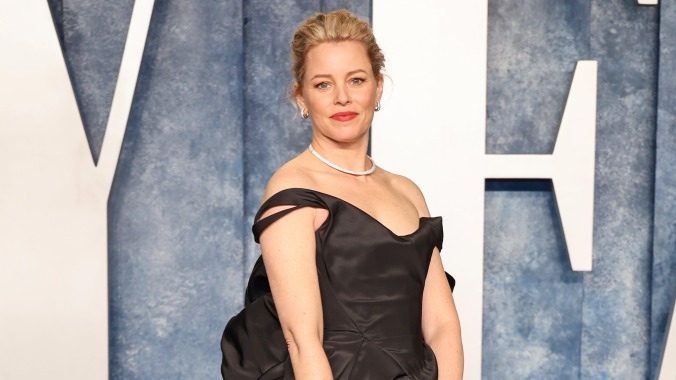“So much of the story that the media wanted to tell about Charlie’s Angels was that it was some feminist manifesto,” Banks told Rolling Stone of her sophomore directorial feature, which starred Kristen Stewart, Naomi Scott and Ella Balinska as the titular spies. The movie was a notable flop, only bringing in a total of $73.3 million (worldwide) at the box office.
“People kept saying, ‘You’re the first female director of Charlie’s Angels!” And I was like, “They’ve only done a TV show and McG’s movies… what are you talking about? There’s not this long legacy.’ I just loved the franchise,” she continued. (Also: a 2011 reboot of the original 1976 series was cancelled without even airing its finale and the original 2000 and 2003 films debuted to mixed reviews, so it seems like Banks may have been facing a losing battle regardless.)
“There was not this gendered agenda from me. That was very much laid on top of the work, and it was a little bit of a bummer. It felt like it pigeonholed me and the audience for the movie,” she continued. “I happen to be a woman who directed a Charlie’s Angels movie that happened to star three incredible women. You can’t control the media saying, ‘You’re a lady director, and that’s special!’—which it is, but it’s not the only thing.”
In retrospect, it’s not all that surprising that Banks went on to direct Cocaine Bear, a film so ridiculous that it’s title was essentially the only ad it needed. “I remember having a conversation with someone who was like, ‘You guys are going to have a partnership with Drybar’—which is, like, a hair-blowing thing—and I was like, ‘Alright… but could we have an ad during the baseball playoffs? It’s not only this one thing,’” she said of Angels. “It was interesting to see how the industry sees things that star women. It was a real lesson for me.”
